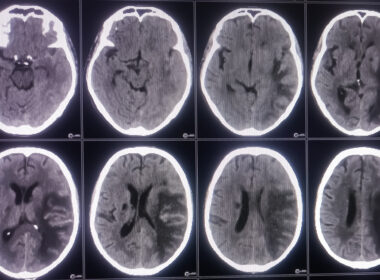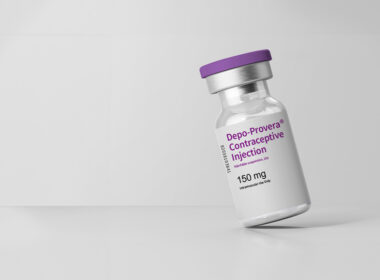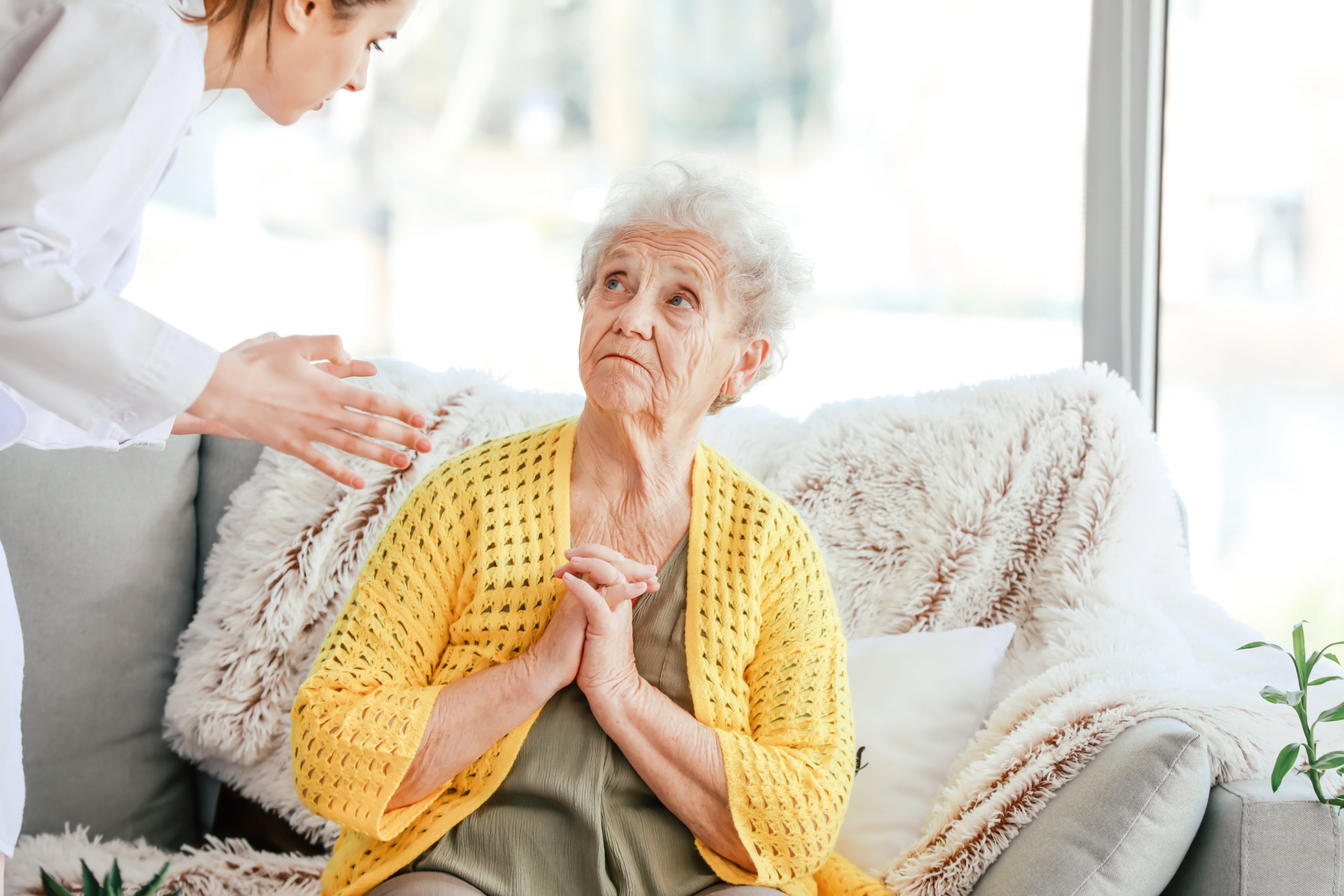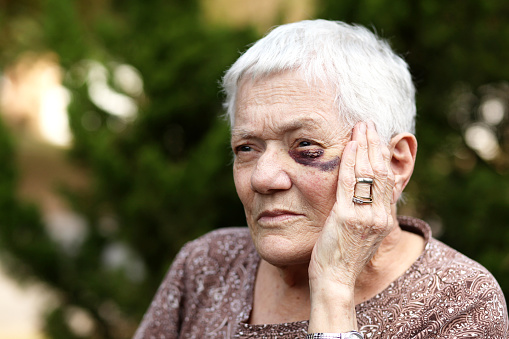Proper nutrition is crucial, especially as you age. It regulates blood sugar, strengthens the immune system, promotes better cognitive function, and is vital in weight management.
However, due to decreased appetite, illnesses, inability to cook, lack of taste, and dental problems, the elderly might not absorb essential nutrients and vitamins, leading to malnutrition.
What Is Malnutrition?
Malnutrition is a life-threatening disorder caused by a lack of sufficient nutrients in the diet. It happens when we make poor dietary choices, aren’t eating enough, or the body suffers from digestive conditions and aren’t taking full advantage of what we consume.
According to The Permanente Journal, malnutrition affects about 12% to 50% of the senior population in hospitals. The report further revealed that malnutrition in nursing homes affects 23% to 60% of the residents, making it a cause for concern.
The Signs and Symptoms of Malnutrition in the Elderly
You or your senior relative may suffer from malnutrition if you exhibit the following signs and symptoms:
- Fatigue: Feeling weak or tired
- Anorexia: Loss of appetite
- Edema: Swelling or fluid accumulation
- Xerostomia: This is characterized by dry mouth due to nutrient deficiency and reduced water intake
- A person who is always enraged or annoyed
- The skin is cold, papery, and thin
- Continuous hair loss
- Having difficulty concentrating
- Slow healing after an illness or surgery
- Low body weight and unexplained weight loss
Please don’t add to the negative malnutrition in the elderly statistics; speak to us now.
Protecting the Elderly From Malnutrition
The weakened immune system, decreased bone mass, health complications, slow wound healing, muscle weakness, and death are some of the devastating effects of malnutrition in the elderly. However, the good news is that it is preventable.
The most effective way to combat this problem is by ensuring seniors eat a balanced diet. Preparing meals containing all the basic and healthy nutrients essential to the body is paramount. That way, you satisfy their energy demands and keep their bodies functioning as required.
Recent studies show that your body changes as you age, and the nutrients you need to stay healthy also change.
For instance, Vitamin B12, magnesium, iron, and calcium absorption decreases in older age, leading to dietary deficiencies. Also, considering that the elderly are prone to infections and diseases, pumping vitamin C intake is an excellent way to accelerate the production of white blood cells that ward off illnesses.
Besides eating nutrient-rich food, adults over 65 must limit their sodium intake to prevent hypernatremia, a condition that increases the risk of seizures, confusion, twitching, and even death.
Seniors should also consume fruits in abundance. Fresh fruits stimulate appetite in older persons and improve wound healing. Besides, limiting processed foods reduces the risk of gaining extra calories, allowing them to enjoy a better quality of life.
A good nursing care plan for malnutrition in the elderly is essential in keeping seniors safe and healthy. A proper diet should include nutrients from fortified cereals, lean meats, fish, shellfish, and dietary supplements like vitamin B12. Doing so reduces the frequency of severe diseases and increases immunity.
Tips for Improving Diet for the Elderly
Maintaining a balanced diet for the elderly is possible with the tips listed below:
- Food planning: Prepare delicious and healthy meals ahead of time. Food planning eradicates unhealthy snacks and the possibility of missing meals.
- Herbs and spices: Herbs and spices are a fun way to improve your meal’s taste. A tasty, nutritionally- dense food would be more enticing for the elderly and help prevent malnutrition.
- Healthy snacks: encourage healthy snacking by offering low-fat dairy products, fruits, and vegetables between meals.
- Nutritional supplements: Nutritional supplements provide an excellent way to add more calories and nutrients to a diet. Try adding whey powder or egg whites to boost protein intake without significantly increasing saturated fat.
Consult your doctor before taking any supplement.
Treatment of Malnutrition in the Elderly
Patients with malnutrition typically require a slow and steady increase in their daily consumption of essential nutrients. Vitamin and mineral supplements are frequently recommended, and a protein bar or supplement may be helpful for those with protein-energy deficiencies.
In addition, enteral and par-enteral diets are a valuable option for the elderly but are often not recommended for older patients because of their restricted diets and health problems.
Dangers of Malnutrition in Older Adults
Malnutrition is a health problem affecting many elderly adults and can lead to severe complications such as:
- Untimely death: death from malnutrition in the elderly is the most severe consequence of not eating a balanced diet and results from a weakened immune system
- Increased risk of hospitalization: Decreased bone mass and muscle weakness can lead to falls, fractures, accidents, and hospitalization.
- Infection: When the immune system is compromised, the risk of contracting an infection increases, making people more susceptible to diseases.
- Delayed healing: The natural process of wound healing can be negatively impacted by poor nutritional status. Nutritional deficiencies slow the healing process by prolonging the inflammatory phase through fibroblast proliferation and collagen modification.
Factors Contributing to Malnutrition
The factors contributing to malnutrition in adults include:
Aging
Sensory organs naturally decline as we age, and the decreased sensitivity to taste can lead to loss of appetite.
Infection
Inflammation due to infection can lead to slow metabolism and malabsorption, leading to malnutrition.
Loneliness
Loneliness can worsen in the elderly since most are retired and have a dwindling social life. And if depression kicks in, they may experience loss of appetite and reduced energy.
As a result, seniors living solo may lose interest in eating or preparing food. Thus, the chances of making poor food choices increases, making them susceptible to diet-related issues.
Medications
The following drugs can affect appetite, digestion, and nutritional absorption:
- Non-steroidal anti-inflammatory drugs ( NSAID): NSAIDs such as ibuprofen can cause damage to the lining of the stomach leading to malabsorption.
- Corticosteroids: Corticosteroids such as cortisone can lead to malnutrition by reducing the absorption capacity of the gastric mucosa.
- Stimulants: We all know how we feel after morning coffee, energy drink, or other stimulants such as cocaine. Despite the boasted advantage of energy surge, stimulants can leave users feeling satisfied by suppressing hunger hormones. Reduced food intake can lead to hypovitaminosis and malnutrition.
Restricted diets
Self restricted diet without optimal supplementation can lead to malnutrition. Seniors that want to participate in a strict diet need to speak with their healthcare professional for necessary supplementation.
Limited access to food
Older adults with mobility problems might experience challenges going to purchase healthy foods. They might not be in a position to get to the grocery store, forcing them to skip meals or order unhealthy takeout.
Financial restriction
Poor financial status can affect mood leading to loss of appetite. Even with an appetite, they might not afford to eat as often as recommended. However, you can always look around for inexpensive foods rich in micronutrients and other essential vitamins.
Dementia
Dementia is a medical condition that affects the brain. It is characterized by memory loss and dysphagia( difficulty in swallowing). The inability to swallow food leads to losing vital nutrients during feeding.
Oral hygiene
Poor oral health and dental problems can lead to chewing difficulties, inflammation, unexpected weight loss, and a monotonous, low-quality diet – all of which increase the risk of malnutrition.
Did you or your elderly loved one’s nutrition suffer due to a healthcare professional’s negligence? Speak to us now for the next best step.












